The Four-Day Work Week Will Change Your Life
In order to do their best work, people need time to live full lives.

When we were planning how we wanted to go about piloting a four-day work week here at Kickstarter, some of the stories and statistics we saw rang hollow. It wasn't clear that data about productivity experiences at other companies would necessarily be applicable to our business.
That's because as a public benefit corporation, our bottom line is different than at most companies. We're focused on the public benefits that we put into the world, and because we measure our success by how well we achieve that mission, not by the size of our profits, we're able to care first and foremost about how our staff's work helps creators see their ideas realized.
As we wrap up our pilot and make plans to continue our four-day work week for the foreseeable future, we’ve taken some time to assess the pilot’s impact. Some of the most powerful data we've seen came from an unexpected source: comments posted by Kickstarter staff in our company's Slack channels.
The consensus is that the four-day work week has enabled us all to live brighter, fuller lives and has allowed us to return to work refreshed—every Monday brings great new stories about projects and experiences that our staff members have finally had the time to pursue. In addition to benefiting us each individually, the four-day work week has also paid off for the company as a whole, through productivity gains that have resulted from staff finding smarter ways to work.
Below, check out some examples of how we at Kickstarter have been using our Fridays off. These are just some of the ways we've spent our downtime to come back to work each week more prepared and inspired to help bring more creative projects to life.
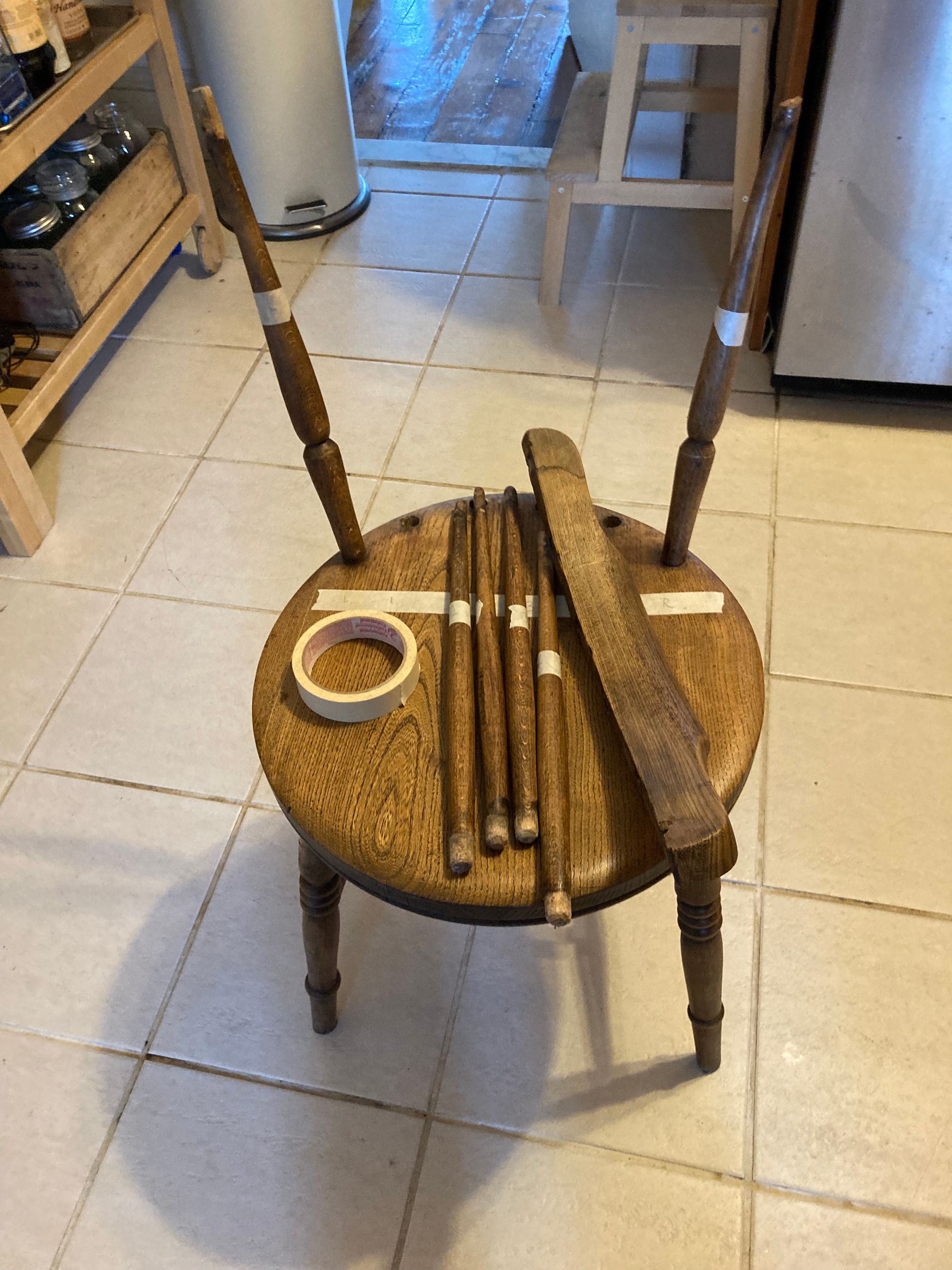
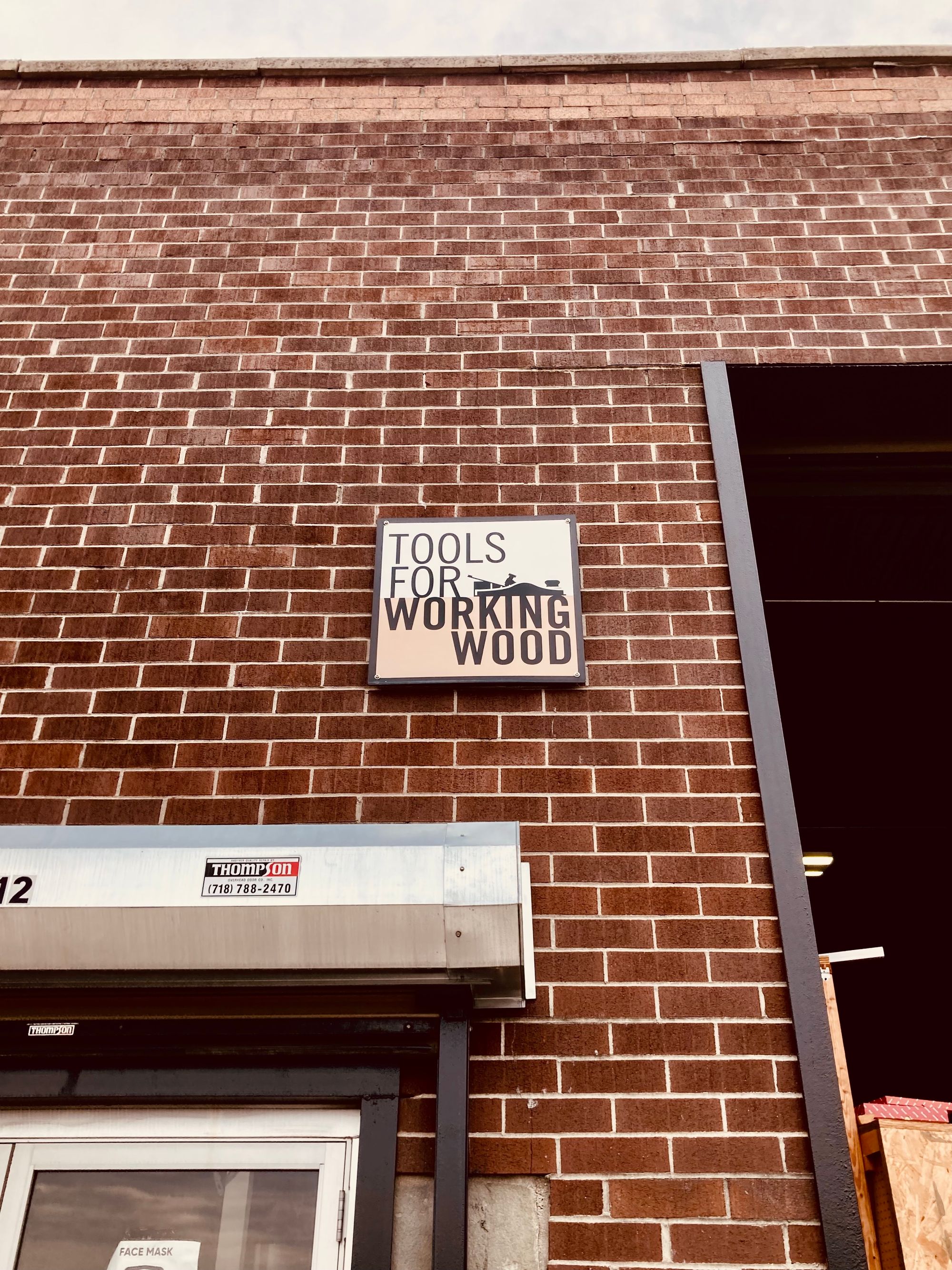
"I found a brilliant wood working shop in Sunset Park, bought supplies (glue, brush, clamps) and began the restoration process of these old chairs of mine. In beginning, I realize, this is going to be a big job!" —Elise McCave; Senior Director, Film
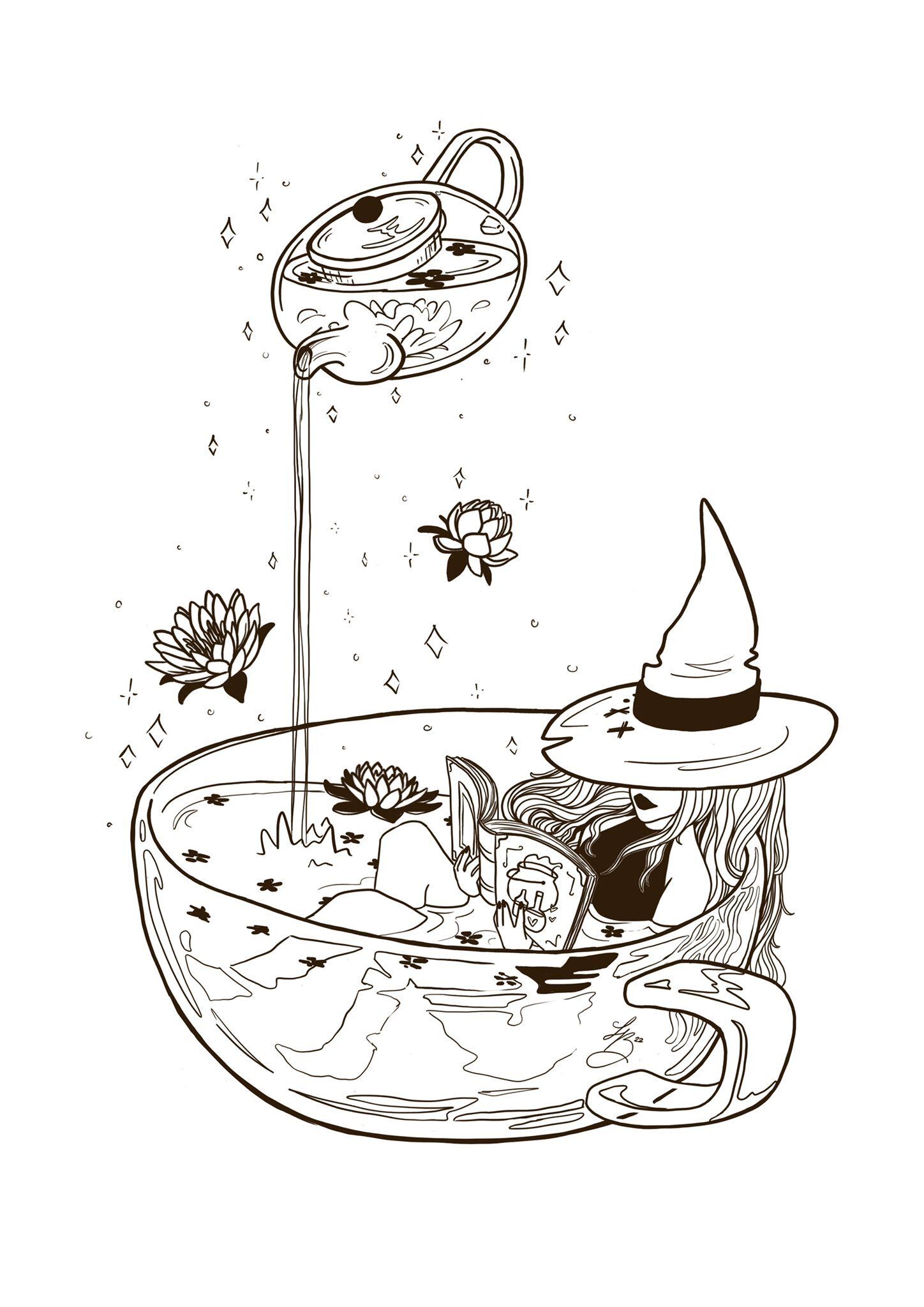

"Most of the time I've been using Fridays for family/errands, but I dedicated last Friday to drawing two line-art illustrations. These are the first pieces of finished artwork I've done in several yrs. With the 4DWW I'm finding it easier to balance work, family, and design projects together with hobbies like art/illustration" —Lilit Balagyozyan, Product Designer





"went up to maine and spent some time with my telescope. got some pictures of the moon, saturn’s rings, and jupiter’s moons" —Corin Cerami, Senior Software Engineer

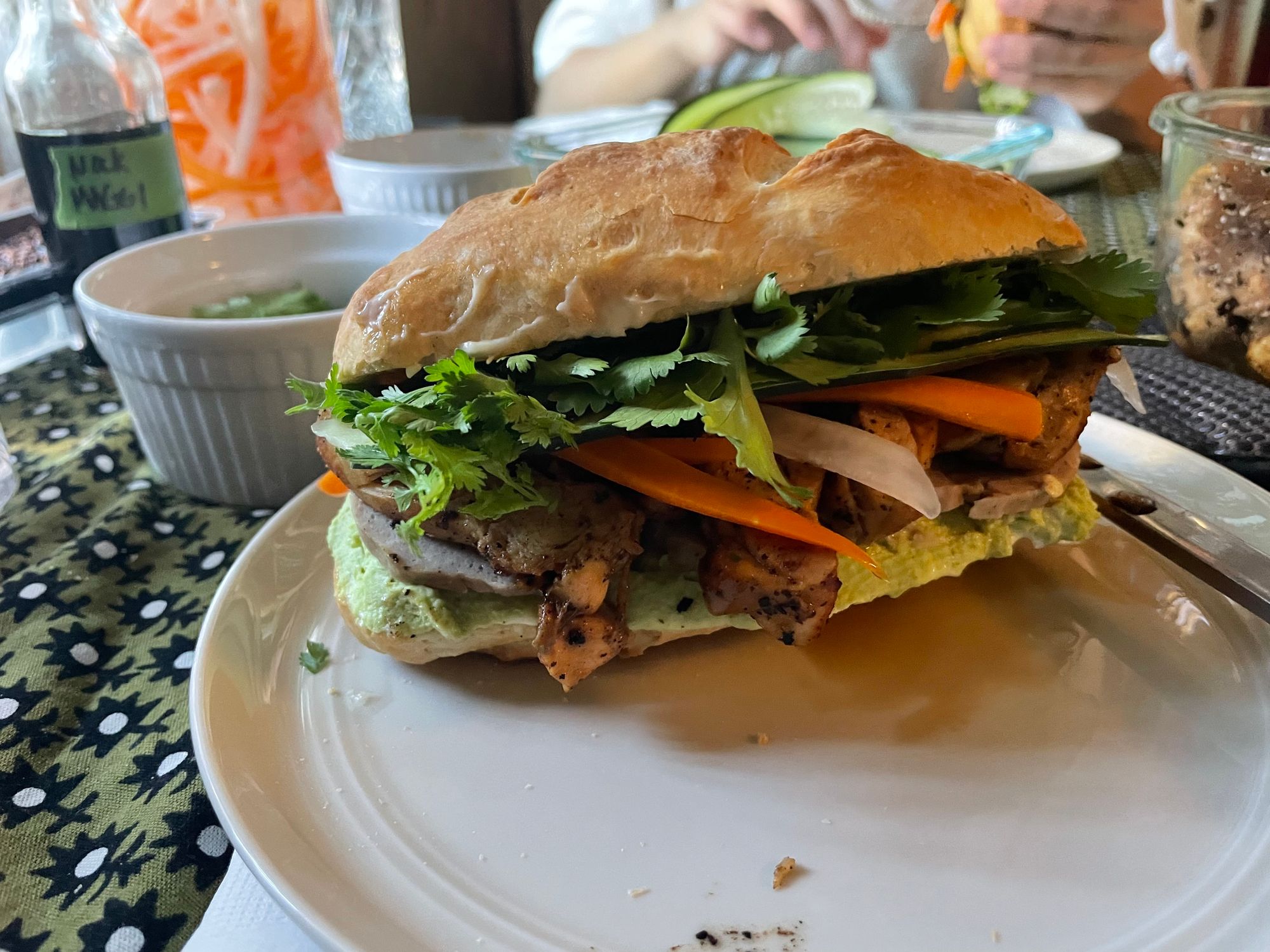
"I drove up to Santa Barbara to spend the weekend with my BAF (Best Art Friend) We met in high school art class. We took our pups to the beach and got into a food project of making banh mi from scratch (like the bread, pork roll, pickled veggies and an edamame pâté)" —Amanda Rios, Creative Director

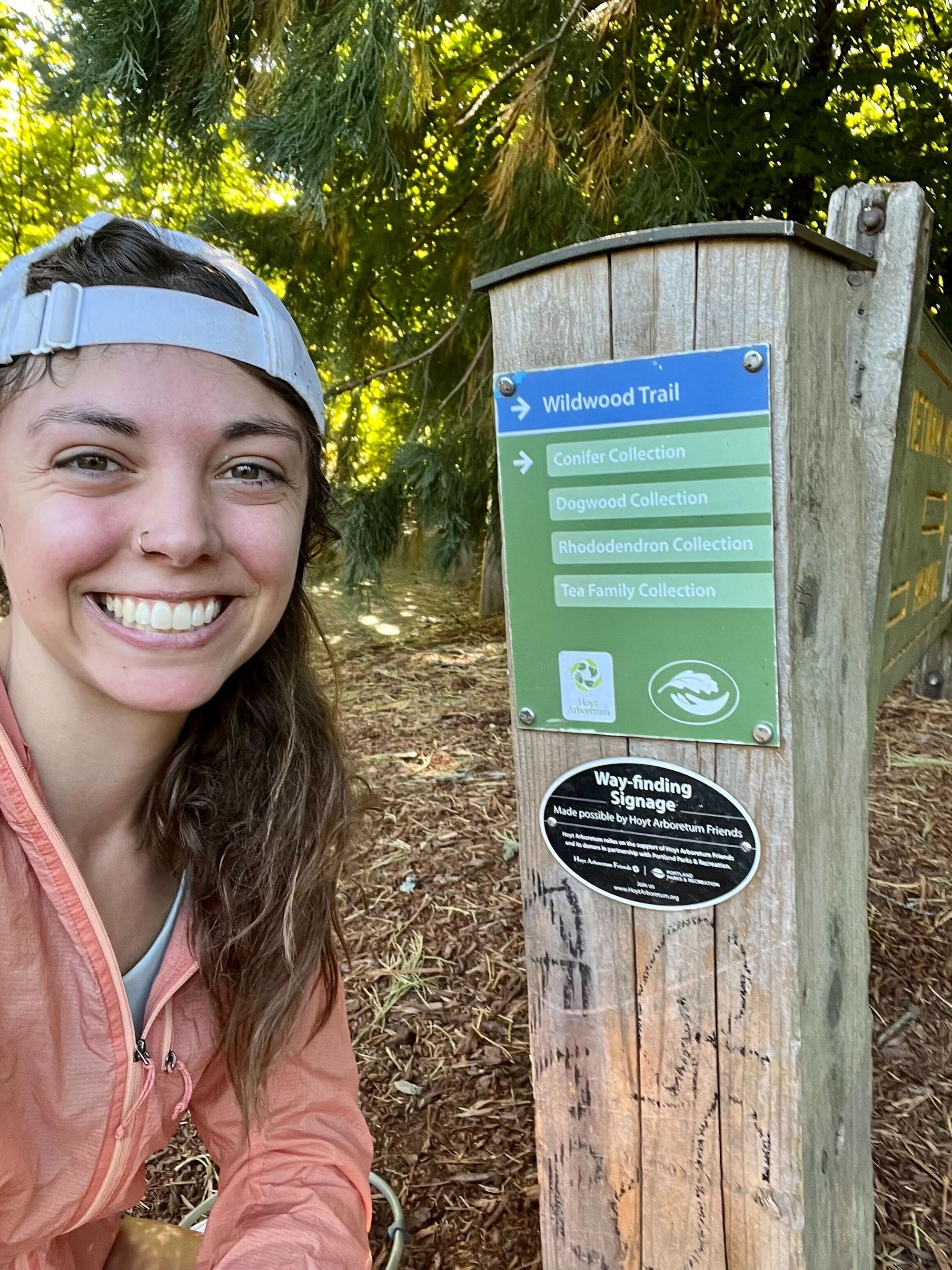
"Finished a major training run in preparation for some upcoming ultramarathons! before and after, 32.69 miles later" —Arleigh Atkinson, Senior Software Engineer



"i went to the whitney biennial and an "ambient drone" show in a church (this is what happens when your partner is a Music Person)." —Oriana Leckert, Director of Publishing
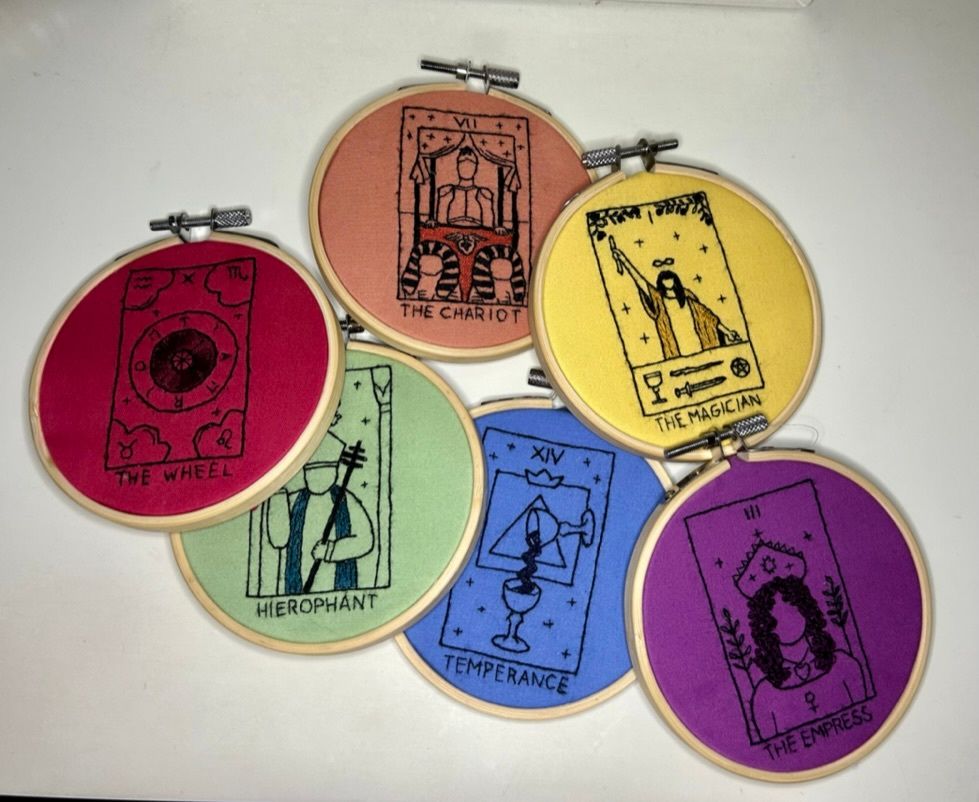
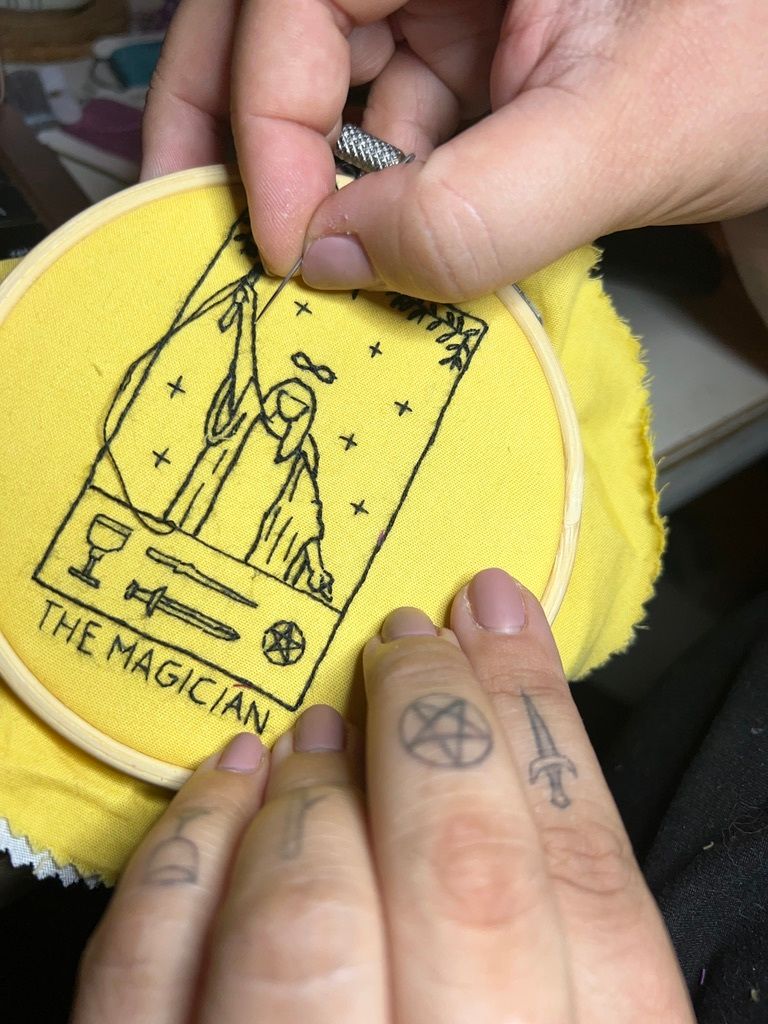
"Working on fulfilling my Kickstarter rewards! Couple photos of my recent tarot-themed vibes here!" —Kate Bernyk, Senior Director of Communications
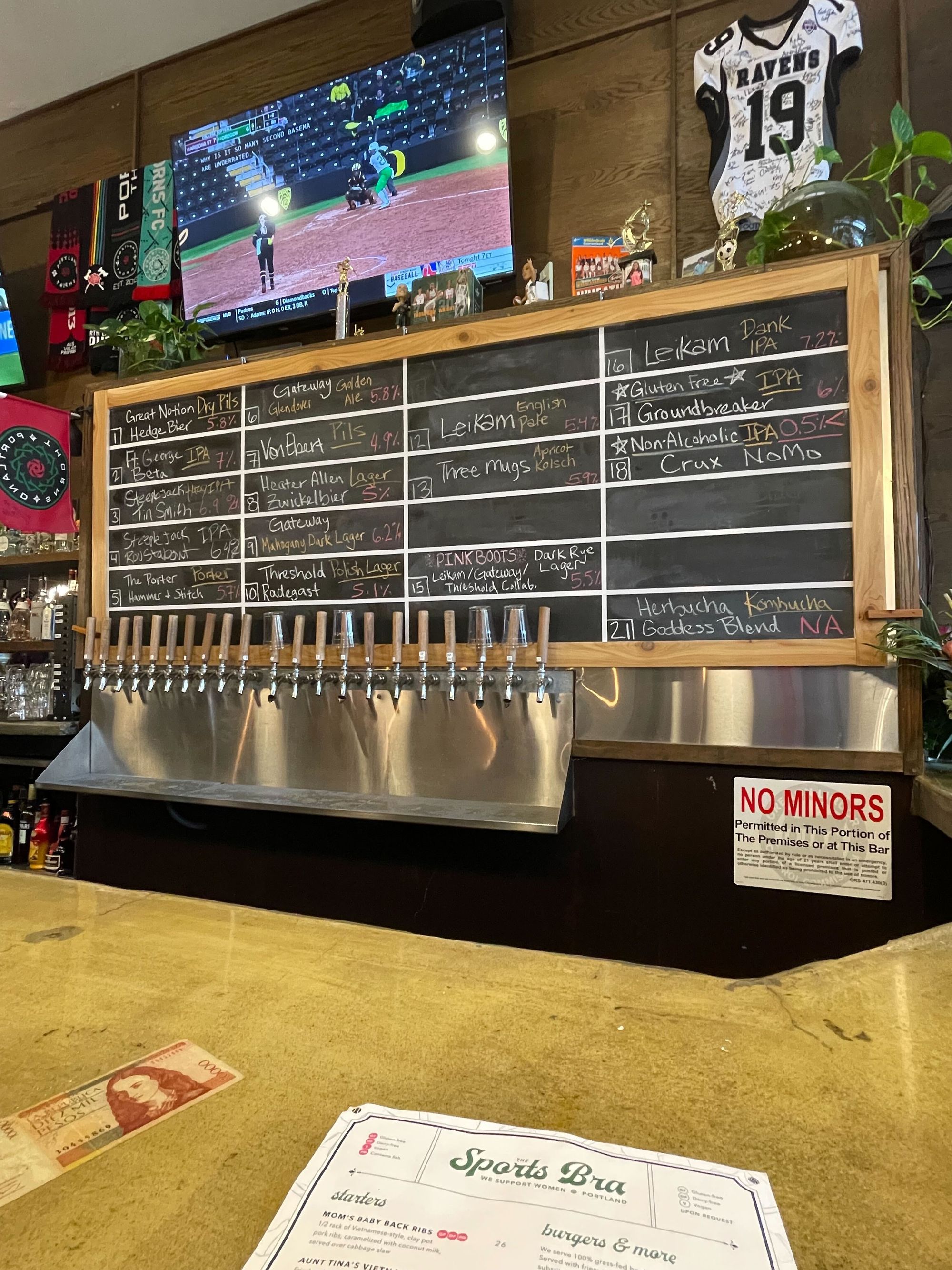
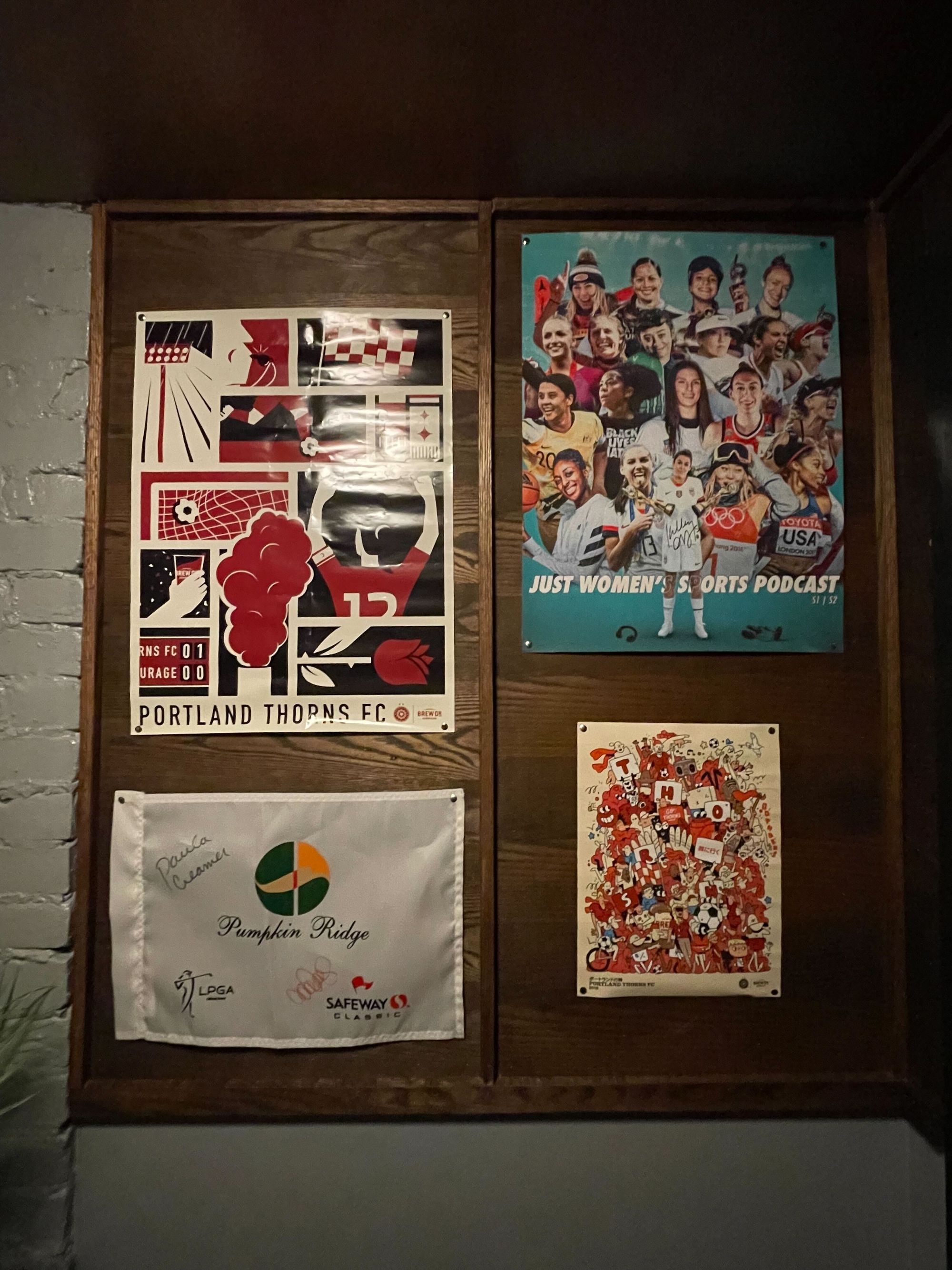
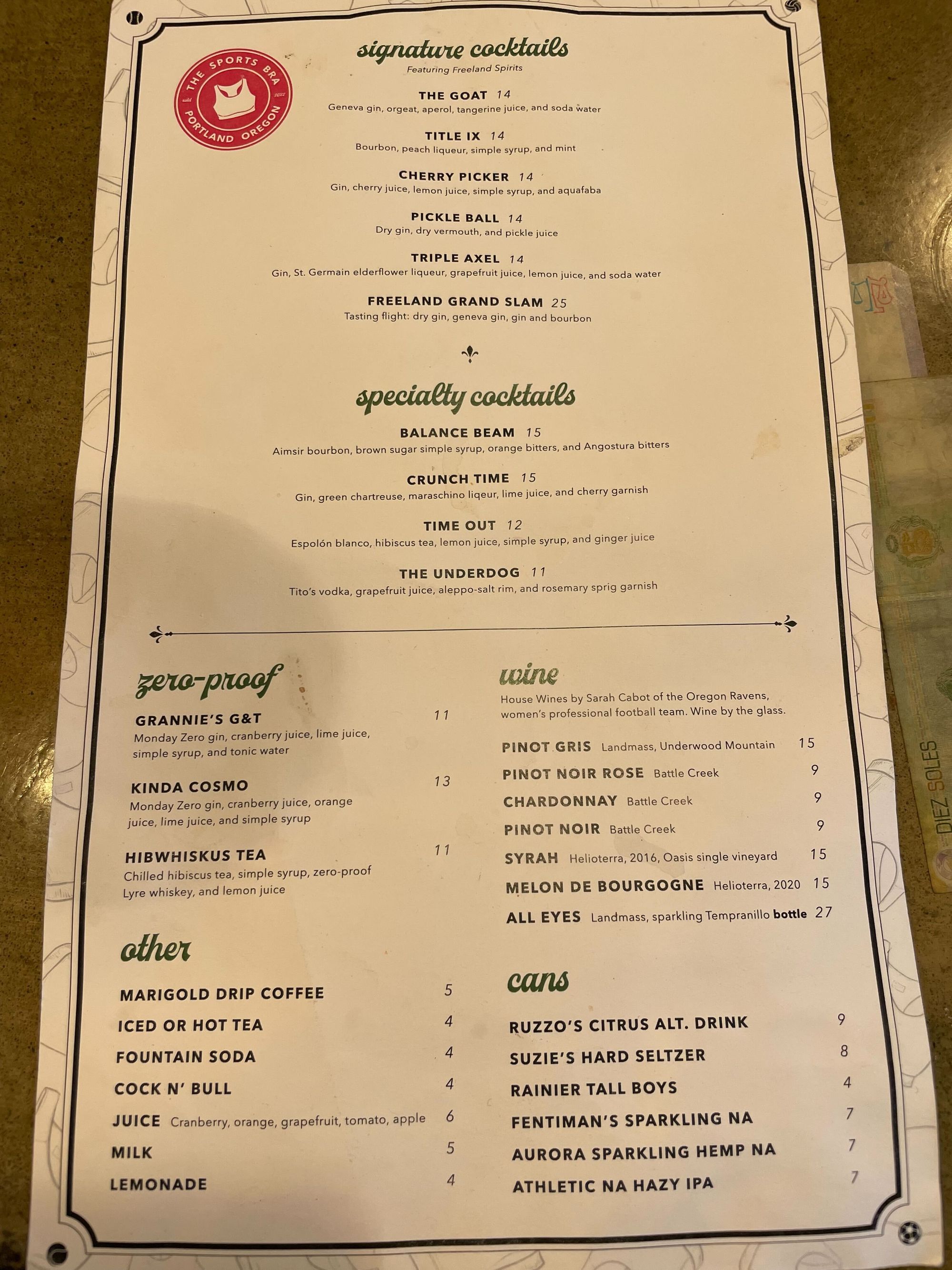
"because I had extra time, I am at The Sports Bra (a Kickstarter project!!) for lunch today and I am just so happy this place exists" —Brooke McDaniel, Marketing Automation Manager



